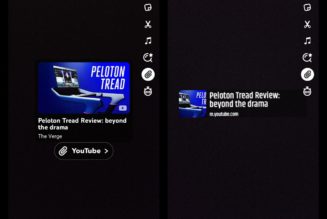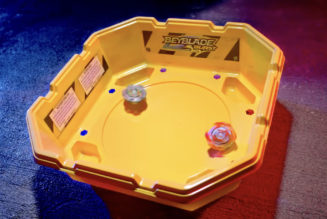
Toyota is partnering with Redwood Materials, a battery recycling company helmed by Tesla co-founder JB Straubel, to collect and recycle vehicle batteries. The plan is to take old, worn-out batteries and either refurbish them or break them down so their materials can be used to create new batteries.
Redwood specifically plans on producing materials for anodes and cathodes — two major components of a battery cell. The company’s ultimate goal is to create a “closed-loop supply chain for electric vehicles,” meaning that it takes batteries from old EVs and turns them into batteries for new cars.
While Toyota is currently launching its first long-range battery-electric vehicle, newer cars aren’t the current focus of the partnership’s efforts, given that their batteries are still relatively new.
Instead, Toyota and Redwood are focusing on “the first wave of battery-electric vehicles,” which are over 20 years old and nearing their end of life. Mostly, that means first-generation Toyota Priuses in California. Redwood says that in the future, it wants to have some operations near “Toyota’s recently announced North American battery plant” on the East Coast, likely referring to the one in North Carolina.
Notably, Redwood’s tech and methods for recycling vehicle batteries aren’t exactly tried-and-true. The company just launched its program to deal with end-of-life electric vehicles in February, with Ford and Volvo as partners. While Redwood’s been planning to handle batteries from vehicles for a while, its capacity to do so at scale is relatively untested.
On Tuesday, the company says it receives around six gigawatt-hours worth of batteries a year for recycling — it hopes to be producing 100 GWh worth of components by 2025 and five times that by 2030.
Those plans seem ambitious, to say the least. But as Bloomberg points out, there’s a lot of incentive. Making EV batteries is extremely expensive, and some companies are struggling to do it at scale, which hampers their ability to make EVs. It doesn’t seem like that process is going to be getting cheaper any time soon, so there is definitely incentive for automakers to look for and help fund recycling efforts.









